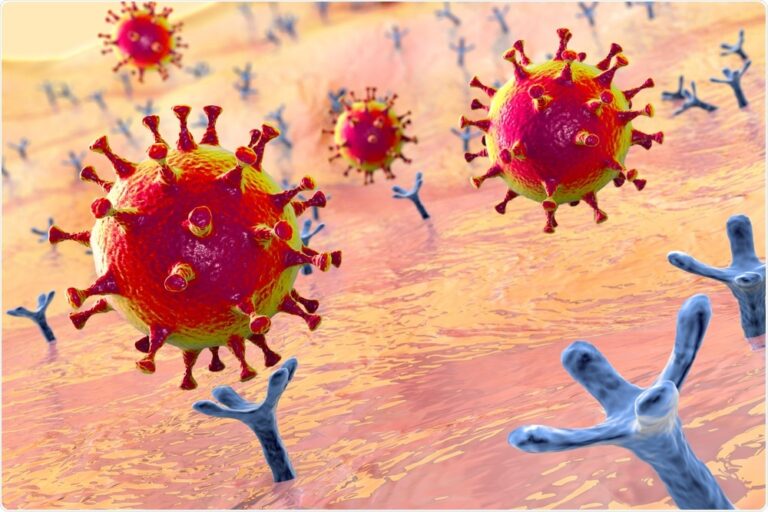Plus scientific corruption by previously reputable journals exposed; and the importance of metanalysis explained.

The forced covid-19 injections or so-called “vaccines” are toxic and deadly. They neither prevent infection nor stop transmission of any covid-19 variants.
Meanwhile the cheap and safe drug ivermectin prevents disease, and reduces hospitalizations and deaths.
Dr. Lucy Kerr is the founder of Doctors for Life Brazil. On April 4, 2022 Dr Kerr presented the largest ever ivermectin trial in the world: Ivermectin Prophylaxis Used for COVID-19: A Citywide, Prospective, Observational Study of 223,128 Subjects Using Propensity Score Matching to the World Council For Health General Assembly. In this trial, safe ivermectin prophylactic doses were offered to the population of Itajai, Brazil from July through December 2020. The prophylactic dose of ivermectin used was just 0.2mg per kg for two consecutive days, repeated at fifteen day intervals. 159,561 subjects were included in the analysis: 113,845 (71.3%) ivermectin users and 45,716 (23.3%) non-users. Ivermectin prophylaxis alone reduced infections by 44%, hospitalizations by 56%, and deaths by 68%.
Also in this WCH video, starting at 17:20, Brazilian Endocrinologist Dr Flavio Cadegiani, Founder, President & Medical Director of the Corpometria Institute, reveals the extreme bias and blatant deception being used by previously credible medical journals. Dr Cadegiani explains how meticulous studies that show the benefits of ivermectin and other re-purposed drugs for treating covid-19 are rejected and suppressed; while poor quality studies claiming that these treatments are ineffective are promoted. This is scientific fraud, causing death and harm.
Why is this happening? The “pandemic” state of emergency, and the political agenda that it serves, can not be maintained in the face of an effective treatment like ivermectin. Also, recognizing safe and effective treatments for covid, would preclude “emergency use authorization” for the dangerous experimental genetic injections being forced on the masses.
Lastly, at 35:00, Dr Tess Lawrie briefly explains the importance of metanalysis, to prevent confusion created by studies with negative conclusions despite positive data.
Dr Kerr and Dr Cadegiani take questions starting at 40:00
